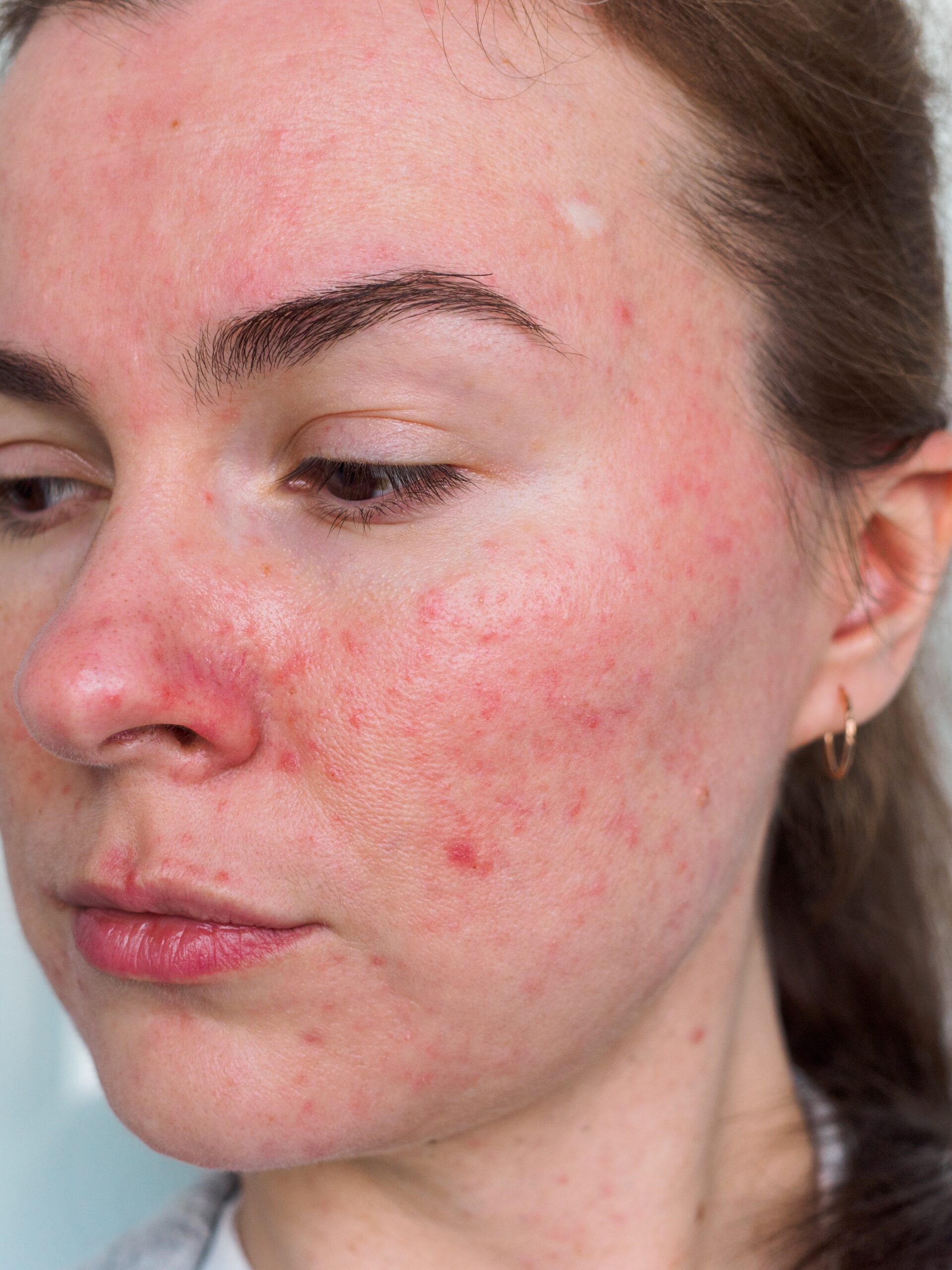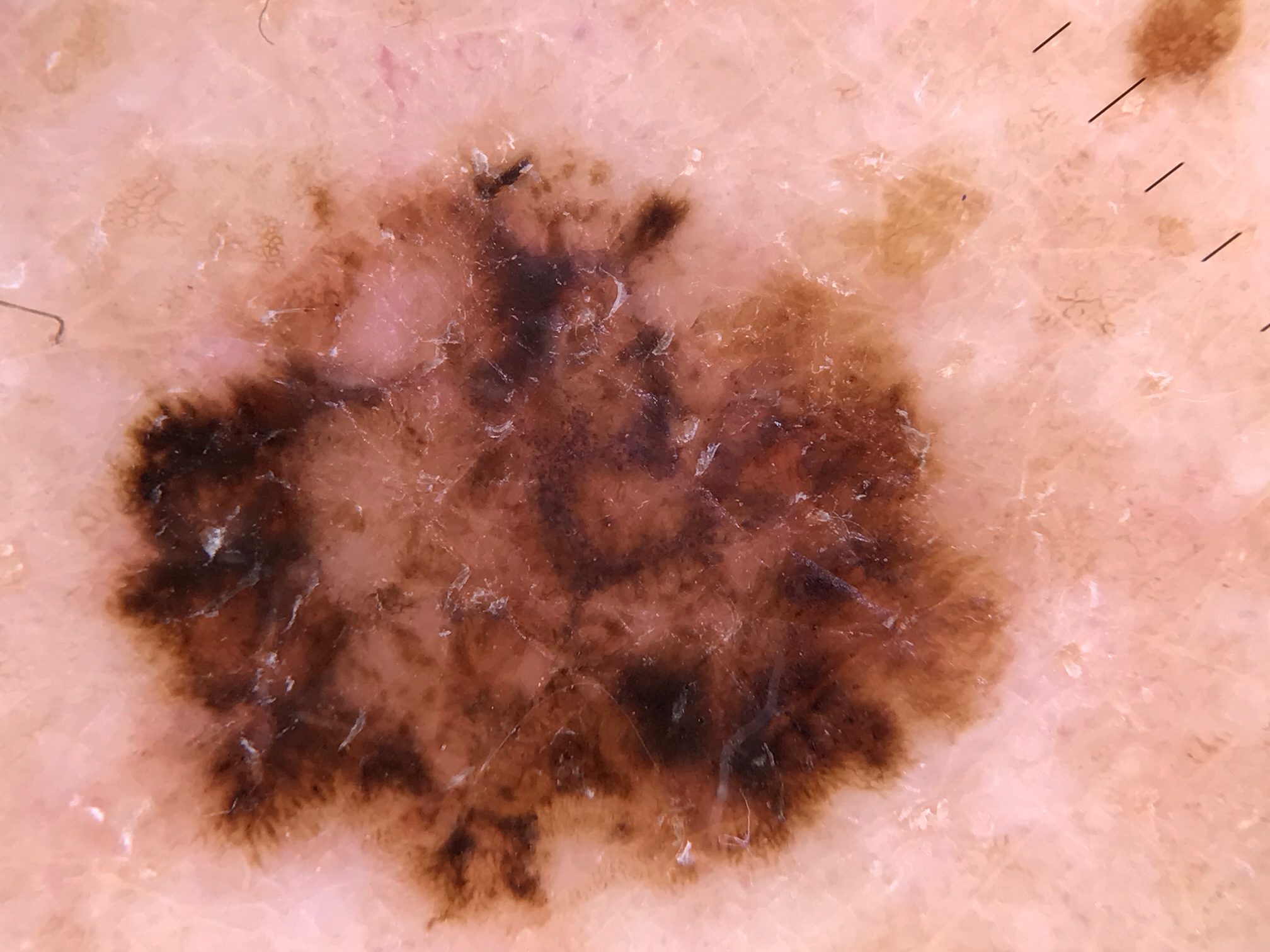November is Eczema Awareness Month, which highlights the importance of understanding how to manage and treat eczema, especially the common form known as atopic dermatitis. This chronic skin condition leaves the skin dry, itchy, and inflamed. While there is no cure for eczema, a well-informed treatment and care routine can bring significant relief and support healthier skin. Here is an overview of treatments and care tips to help those managing eczema.
1. Moisturizing: A Key to Daily Skin Care
Regular moisturizing is one of the most essential steps in treating eczema. People with eczema have a weakened skin barrier, which usually traps moisture in the skin. Without it, skin becomes dry, rough, and more prone to irritants. A common misconception is that drinking more water alone will hydrate the skin. However, applying a suitable moisturizer frequently is what helps the skin stay hydrated and prevents dryness.
2. Bathing and Moisturizing Routine
A gentle bathing and moisturizing routine can help protect the skin barrier, minimizing irritation:
– Brief Baths and Showers: Eczema-prone individuals are encouraged to keep baths or showers short, lasting 5-10 minutes, and to use fresh, warm water without harsh soaps or bubble baths.
– Pat Skin Dry: Gently patting the skin dry after bathing can reduce irritation from rubbing.
– Apply Treatment Promptly: Immediately after bathing, it’s helpful to apply any prescribed treatments directly to areas affected by eczema. A generous layer of moisturizer can then be applied to areas without active eczema to support the skin barrier.
This routine helps the skin retain moisture, reducing dryness and protecting against environmental irritants.
3. Selecting the Right Products
Choosing eczema-friendly products is important in preventing skin irritation. For both skincare and household products, it’s beneficial to select mild, fragrance-free options, as harsh chemicals and strong scents can trigger eczema flare-ups. Mild laundry detergents are also recommended. To simplify product selection, organizations like the Eczema Society of Canada offer lists of accepted products that are safe for sensitive skin.
4. Identifying and Avoiding Triggers
Eczema management goes beyond treatment and involves understanding potential triggers that may cause flare-ups. Common eczema triggers include:
– Harsh soaps and detergents
– Certain fabrics or fragrances
– Sweating (a challenge, especially for athletes)
– Environmental allergens
While some triggers are avoidable, others, such as sweating, may be challenging to control, and some flares may occur without any apparent cause. Understanding individual triggers, when possible, can reduce flare-ups and minimize the need for intensive treatment.
5. Medical Treatments for Eczema
Medical treatments often play a critical role in managing eczema, with physicians prescribing a range of options depending on the patient’s needs:
-Topical Corticosteroids: Often used to reduce inflammation and itching, topical corticosteroids vary in strength and should be used as directed by a physician.
– Topical Calcineurin Inhibitors: Medications such as Elidel® and Protopic® are prescribed to control inflammation and itching. These can be used for short, intermittent periods and may cause a mild burning sensation.
-Topical PDE4 Inhibitors: Eucrisa™ works by blocking the enzyme PDE4, helping reduce inflammation. Like calcineurin inhibitors, it may cause a mild burning sensation when applied.
– Antibiotics: Secondary bacterial infections often worsen eczema symptoms. Topical antibiotics can treat localized infections, while oral antibiotics may be prescribed for more extensive infections.
– Antihistamines: Antihistamines are generally not recommended for managing eczema, especially for children under six, unless advised by a healthcare provider.
6. Maintaining Skin Health During Clear Phases
Even when skin is clear, ongoing moisturizing is essential for people with eczema. Preventive care is a vital, though often overlooked, aspect of eczema management. Regular moisturizing helps maintain the skin’s natural barrier, which may reduce the risk of future flare-ups.
7. Personalized Care and Physician Guidance
Because eczema can vary significantly between individuals, discussing treatment options with a physician can help ensure the most effective approach. Physicians can recommend treatments that address specific symptoms and support long-term skin health.
Managing eczema requires a combination of regular moisturizing, avoiding known triggers, and following prescribed medical treatments. Consistent care and an understanding of personal triggers and treatment options can empower individuals with eczema to maintain healthier, more comfortable skin.



